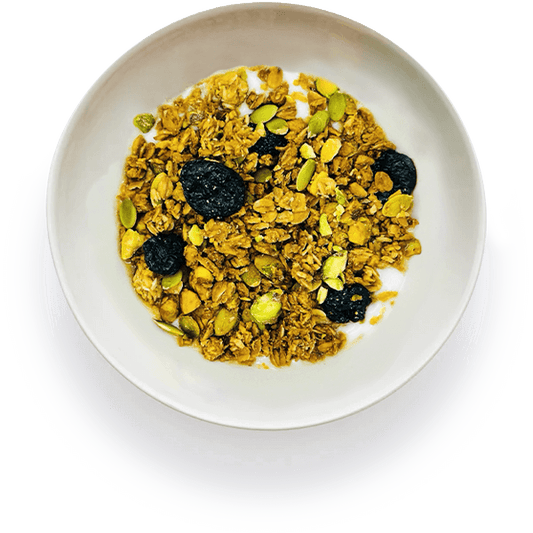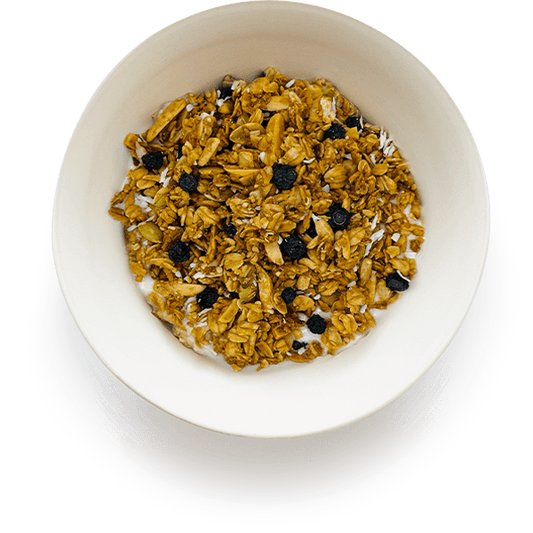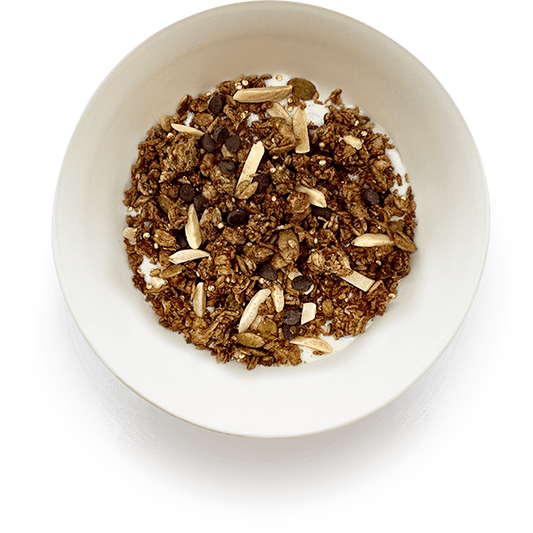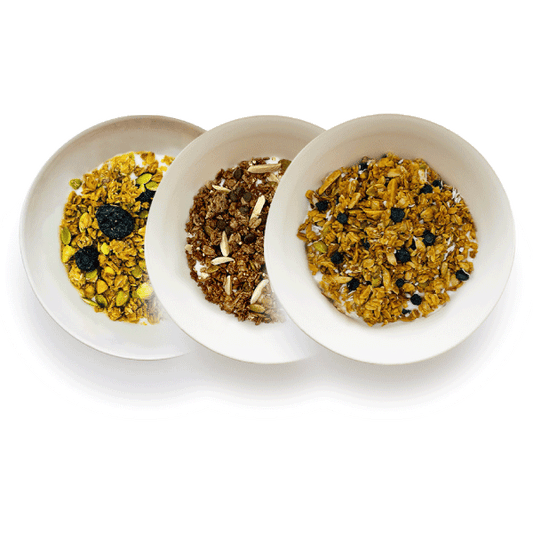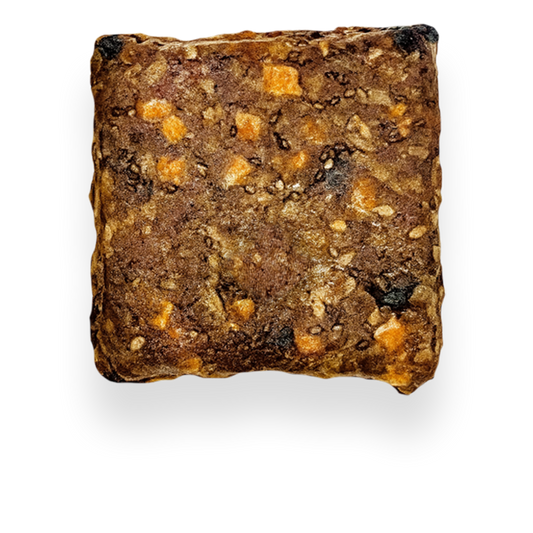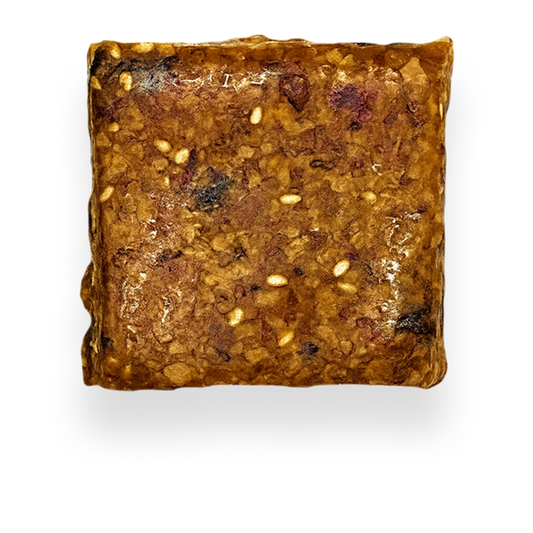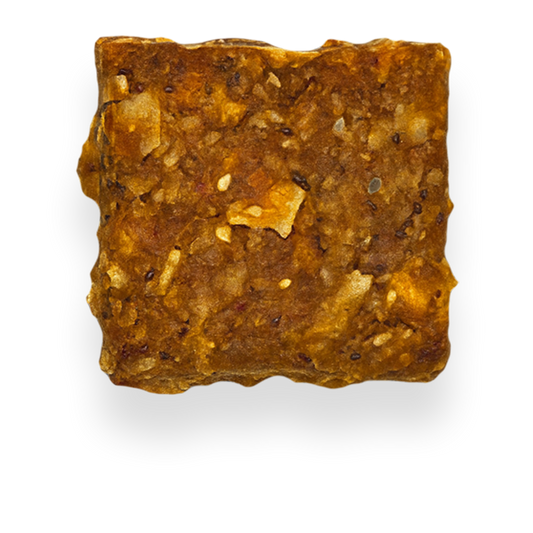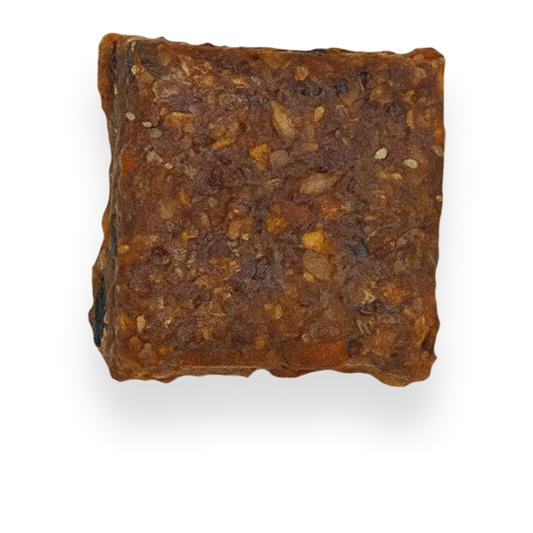The Essential Guide to Hydration: Water & Plant-Based Drinks
By FireRoad
Frequently Asked Questions
1. Why is staying hydrated important?
2. How much water should I drink daily?
3. What are some benefits of drinking water?
4. What are some plant-based beverage options for hydration?
5. How can I make hydration a habit?
Staying hydrated is crucial for overall health and well-being. In today’s fast-paced world, many people overlook the importance of sufficient fluid intake. Water, often dubbed nature's best beverage, is not the only option for hydration. Plant-based drinks also play a significant role in keeping our bodies hydrated. This article will delve into the importance of hydration, the benefits of water, and how plant-based beverages can enhance our health, including delicious recipes like a Tex-Mex Scramble that can boost your hydration game.
The Crucial Role of Hydration in Our Lives
Water makes up about 60% of the human body, making hydration fundamentally important for all bodily functions. However, many are unaware of just how vital it is. Understanding the ins and outs of hydration can improve your overall health dramatically.
Why Is Hydration Important?
- Regulates Body Temperature: Adequate fluid intake helps maintain a stable body temperature, which is necessary for optimal function.
- Aids Digestion: Water plays a vital role in digestion, helping to break down food and absorb nutrients more efficiently.
- Supports Nutrient Absorption: Vitamins and minerals are more effectively transported in the body when you're well-hydrated.
- Enhances Physical Performance: Even mild dehydration can impair physical performance, making hydration essential for anyone with an active lifestyle.
- Boosts Mood and Cognitive Function: Studies show that dehydration can affect your mood and cognitive abilities, leading to fatigue and concentration challenges.
How Much Water Do You Need?
The amount of water one needs varies based on age, weight, activity level, climate, and diet. The general recommendation is around eight 8-ounce glasses, called the "8x8" rule. However, there are more personalized methods to determine your hydration needs.
Factors Influencing Hydration Needs
Several factors can influence how much water your body requires:
- Activity Level: The more active you are, the more fluids you’ll need to replace what you lose through sweat.
- Climate: Hot, humid weather can increase the need for hydration.
- Diet: Foods with high water content, such as fruits and vegetables, can help with hydration. Conversely, salty and sugary foods require more water for processing.
- Health Status: Certain health conditions may affect hydration needs, such as fever, vomiting, or diarrhea.
Water: The Gold Standard for Hydration
When it comes to staying hydrated, water is undoubtedly the gold standard. It's calorie-free, accessible, and has no added sugars, making it an ideal choice for daily consumption.
Benefits of Drinking Water
- Weight Management: Drinking water can help control appetite, as it's sometimes mistaken for hunger. Incorporating water into meals can ease the transition to healthier choices.
- Improving Skin Health: Staying hydrated can improve skin elasticity and reduce the appearance of wrinkles.
- Detoxifying: Water flushes out toxins from the body through urine, helping to cleanse the kidneys and liver.
- Preventing Headaches: Dehydration can be a trigger for headaches and migraines, so keeping hydrated can help reduce their frequency.
Plant-Based Beverages: A Refreshing Alternative
While water is essential, incorporating plant-based beverages into your diet can be a flavorful way to enhance hydration. These drinks often come filled with nutrients, making them both refreshing and beneficial.
Popular Plant-Based Beverage Options
- Coconut Water: A natural source of electrolytes, coconut water is excellent for hydration and can replenish lost minerals after exercise.
- Fruit-Infused Water: Infusing water with slices of fruit can make hydration more enjoyable. Think cucumber and mint for a refreshing summer drink!
- Herbal Teas: Caffeine-free herbal teas can provide hydration while delivering additional health benefits, such as relaxation from chamomile or digestion support from peppermint.
- Vegetable Juices: Juices made from hydrating vegetables like cucumbers or celery can be nutritious and hydrating.
- Almond Milk or Oat Milk: Fortified plant milks can provide hydration, vitamins, and minerals while being a great alternative to dairy.
Combining Water and Plant-Based Beverages with Healthy Meals
Pairing hydrating drinks with healthy meals not only enhances flavor but also promotes better health outcomes. For instance, consider adding a refreshing plant-based beverage to meals that are rich in nutrients, like a Tex-Mex Scramble.
Crafting a Hydrating Tex-Mex Scramble
A Tex-Mex Scramble is an easy-to-make dish that is filled with colorful vegetables and can be enjoyed any time of the day. Here's a simple recipe:
Ingredients:
- 2 eggs (or plant-based substitute)
- 1/4 cup bell peppers, diced
- 1/4 cup onions, diced
- 1/4 cup black beans, drained
- 1 tbsp salsa
- Salt and pepper to taste
- Fresh cilantro for topping
Preparation Steps:
- In a skillet, sauté onions and peppers until soft.
- Add black beans and reduce heat.
- Whisk the eggs separately and pour into the skillet, stirring gently.
- Once cooked through, mix in salsa, salt, and pepper.
- Serve topped with fresh cilantro.
Pair this scrumptious dish with chilled coconut water or a refreshing herbal tea for a well-rounded, hydrating meal experience.
Hydration Myths Debunked
With so much information circulating about hydration, it’s essential to differentiate fact from fiction. Here are some common myths:
Common Hydration Myths
- Myth 1: You need to drink 8 glasses of water a day.
- Myth 2: If you’re not thirsty, you don’t need water.
- Myth 3: Coffee and tea are dehydrating.
Understanding these myths helps tailor a hydration approach that fits personal needs.
Top Tips for Staying Hydrated
Staying hydrated can be simple if you integrate some strategies into your daily routine:
- Set a Schedule: Establish specific times during the day to drink water and stick to it.
- Keep a Water Bottle Handy: Always carry a reusable water bottle filled with water or a plant-based beverage.
- Check Urine Color: Light yellow urine indicates proper hydration, while darker shades may suggest dehydration.
- Flavor Your Water: If plain water isn’t appealing, try adding slices of fruits or herbs to enhance the flavor naturally.
Make Hydration a Habit
Improving your hydration routine can yield significant health benefits. By consistently integrating water and plant-based beverages into your diet, along with meals such as a tasty Tex-Mex Scramble, you can enhance your wellness journey.
Stay mindful of your hydration needs, prioritize beverages that nourish your body, and enjoy the flavors of plant-based drinks. Remember, good hydration is a step toward a healthier lifestyle!



